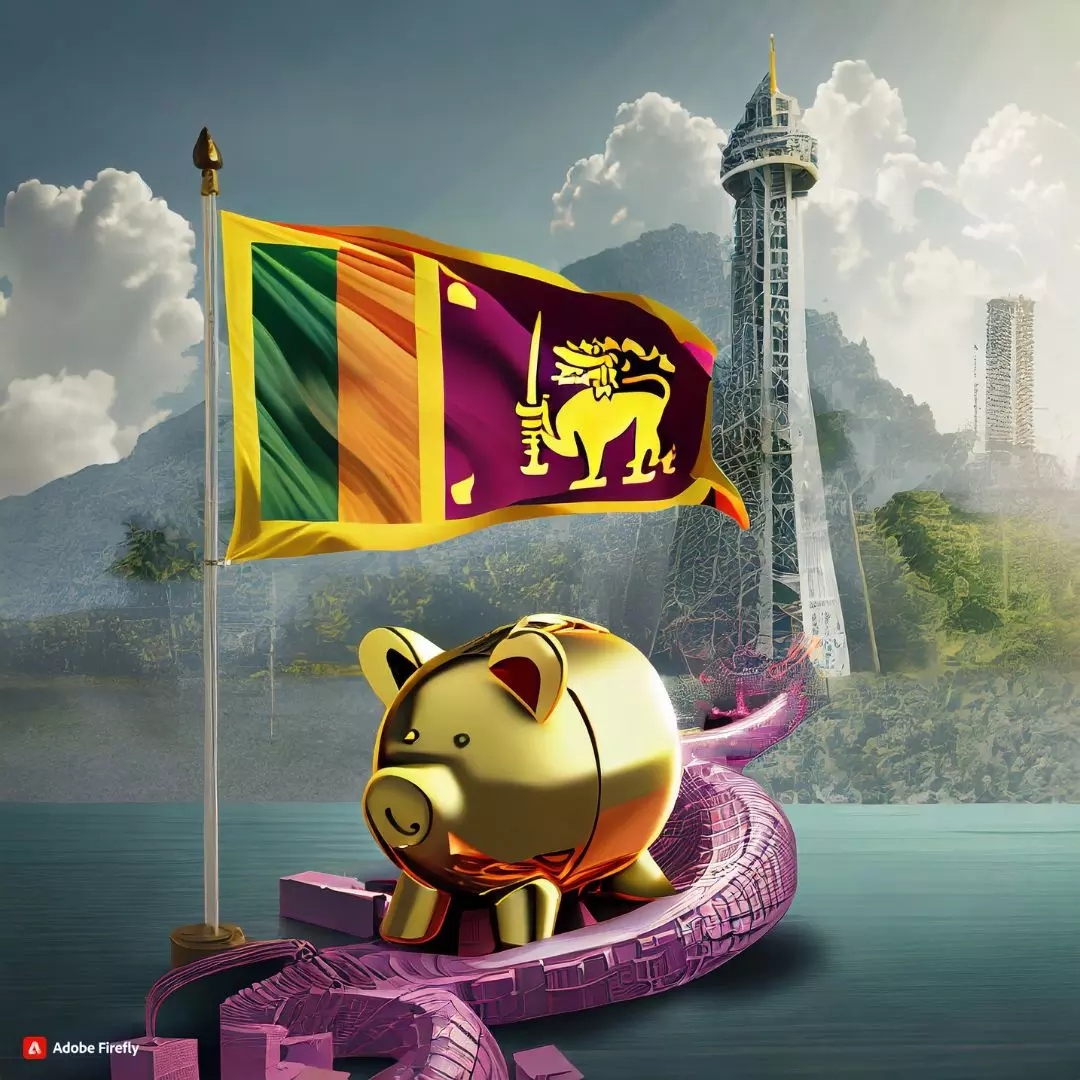In a pivotal move to alleviate Sri Lanka’s economic distress, the International Monetary Fund (IMF) Executive Board has successfully completed the initial review under the 48-month Extended Fund Facility. This significant development grants Sri Lanka access to approximately USD 337 million, aiming to restore macroeconomic stability and ensure debt sustainability. Notably, the IMF’s decision follows the conclusion of confidential debt restructuring negotiations with China, holding 52% of Sri Lanka’s total debt.
Peter Breuer, Senior Mission Chief for Sri Lanka, disclosed that the debt restructuring with China was conducted on a strictly confidential basis, enabling the IMF to finalize its review of the USD 2.9 billion bailout. The agreement with China was perceived as positive news in Sri Lanka’s ongoing debt restructuring talks, marking a crucial milestone in the nation’s economic recovery.
The IMF’s Tuesday announcement concluded the review, unlocking the second tranche of financial assistance totaling USD 337 million for Sri Lanka. This brings the cumulative disbursements to USD 670 million under the four-year facility, reinforcing the island nation’s financial stability.
Breuer emphasized that the completion of the first review signifies a critical step forward in Sri Lanka’s efforts to restore macroeconomic stability, address debt sustainability, ensure financial stability, and implement growth-oriented structural reforms. The prolonged debt restructuring negotiations, particularly with China, had temporarily halted the review process, underscoring the significance of this recent development.
Despite signs of economic recovery, Breuer cautioned that Sri Lanka is not yet completely out of the economic challenges it has faced since 2022. He noted that the economy is transitioning into expansion territory, with the possibility of positive growth in the coming year. However, projections indicate a negative growth of 3.6% in 2023, with a potential rebound to 1.8% growth in 2024 as reported by Money Control.
Breuer acknowledged Sri Lanka’s success in debt negotiations, crediting the nation for placing its debt on the path towards sustainability. The island nation, grappling with economic turmoil, implemented unpopular reforms, including significant increases in personal taxes, utility tariffs, and VAT, as part of its commitment to the IMF’s conditions.
President Ranil Wickremesinghe’s government faced public protests over these reforms, particularly in the lead-up to the 2024 election. Sri Lanka plunged into an economic crisis in 2022, resulting in severe shortages and eventually leading to the removal of then-President Gotabaya Rajapaksa. In April 2022, the country declared bankruptcy with a staggering debt exceeding USD 83 billion, with over half owed to foreign creditors.
The IMF’s approval of USD 337 million marks a pivotal moment for Sri Lanka as it navigates through challenging economic conditions. The financial support is anticipated to play a crucial role in stabilizing the nation’s economy, supporting ongoing reforms, and fostering a path toward sustained growth. Despite positive signals, cautious optimism prevails as Sri Lanka continues its journey to overcome the lingering economic crisis.
Also Read: India Supports UN Resolution For Immediate Ceasefire In Israel-Hamas Conflict











